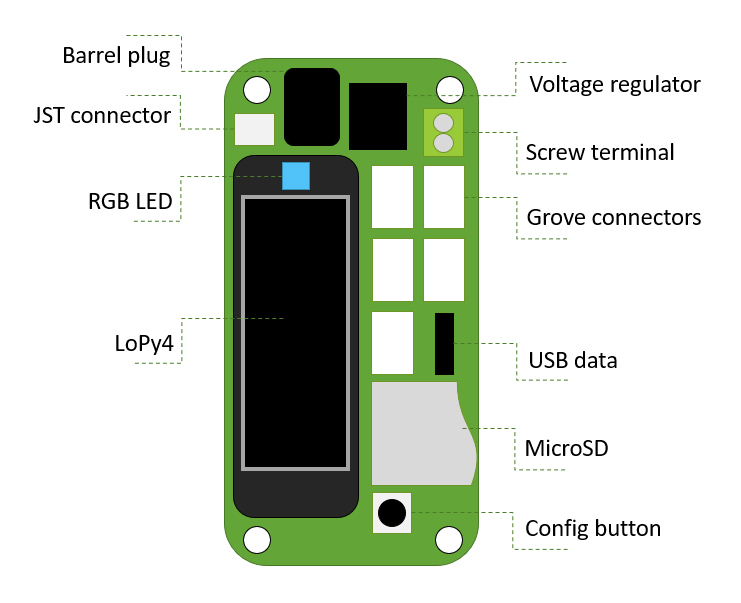PyonAir: Seeed, Pycom and Southampton University Team Up to Tackle Air Pollution with IoT
Air pollution is one of the biggest threats to public health – and it’s everywhere. According to the World Health Organisation, poor outdoor air quality caused an estimated 4.2 million premature deaths in 2016. But before we can take action to make our air cleaner, we need answers to three big questions:
Where does air pollution come from?
Which areas suffer the most?
What makes air pollution levels change?
Finding the answers requires a rich dataset, covering as many locations as possible, with information received in near real-time. A team of researchers at the University of Southampton (UK) are teaming up with Pycom and Seeed Studio to achieve just that.
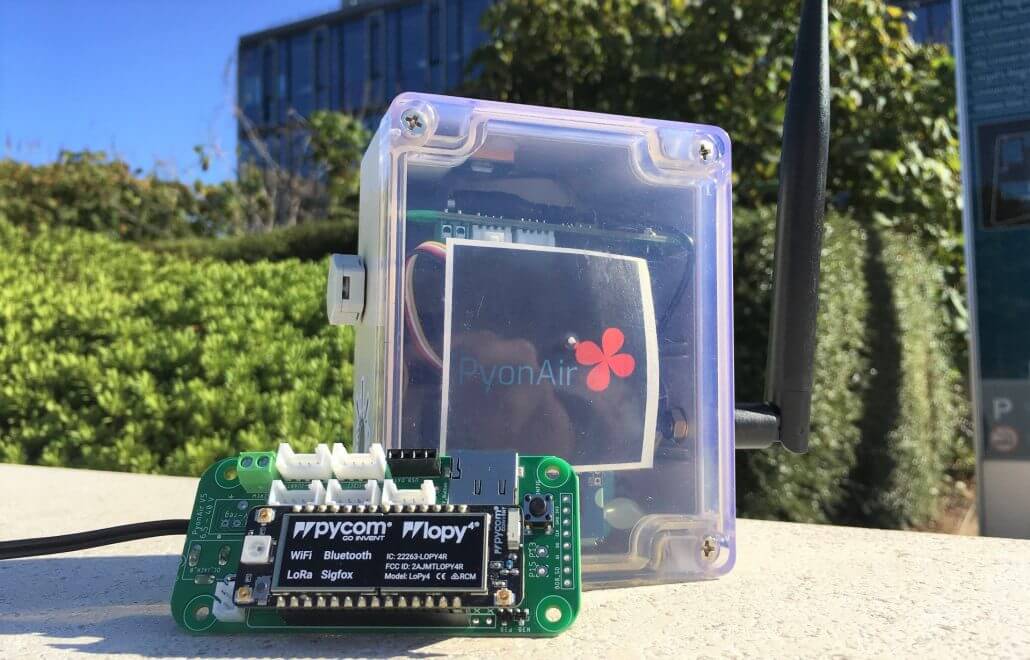
PyonAir is a low-cost, IoT enabled device, designed to meet the needs – and budgets – of both universities and individuals. Centred around Pycom’s LoPy4 board, PyonAir will transmit data over both LoRa and WiFi networks. Pycom’s range of LoRa modules makes it possible to set up the device in any country with LoRa coverage. Meanwhile, the original PCB design, manufactured by Seeed Studio, offers incredible flexibility. Seeed Studio’s plug-and-play Grove system allows users to tailor the device for their own projects, swapping sensors in seconds, with no soldering required.
The device will be fitted with two particulate matter (PM) air pollution sensors, which detect pollutants like dust and smoke. Additionally, Grove GPS, temperature and humidity sensors and a backup clock will provide context for the PM readings. Extra I2C compatible sensors can easily be linked up to the PyonAir PCB, requiring only a clip-on splitter cable.
The PCB itself offers two options for component population. Users seeking a device that’s ready to go with minimal assembly can buy the board from Seeed Studio’s Fusion PCBA service, populated with surface mount components. However, low-budget or educational projects may wish to purchase the empty boards and solder components by hand. To facilitate this, the PCB was designed such that every component has a through-hole mounting option, making the board easy to solder – even for beginners.
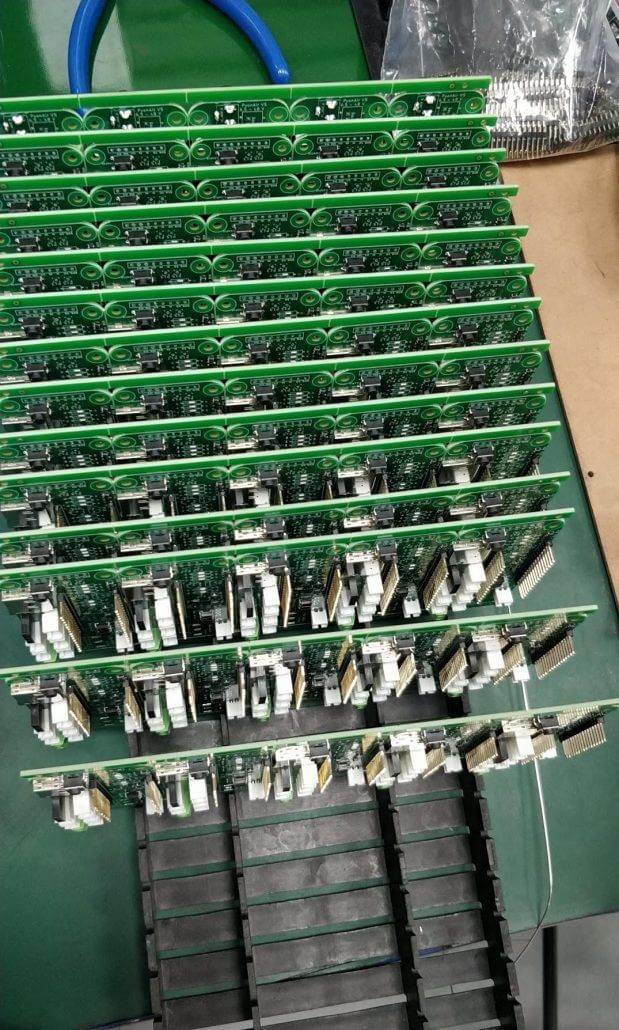
Populated PCBs 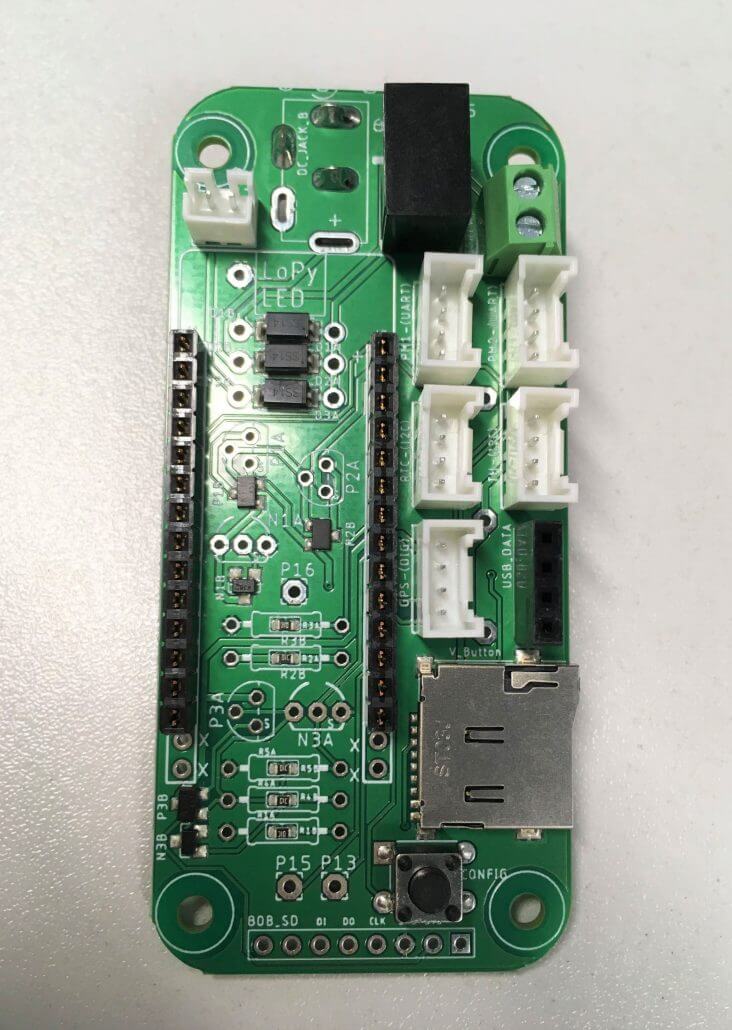
Surface Mount Version 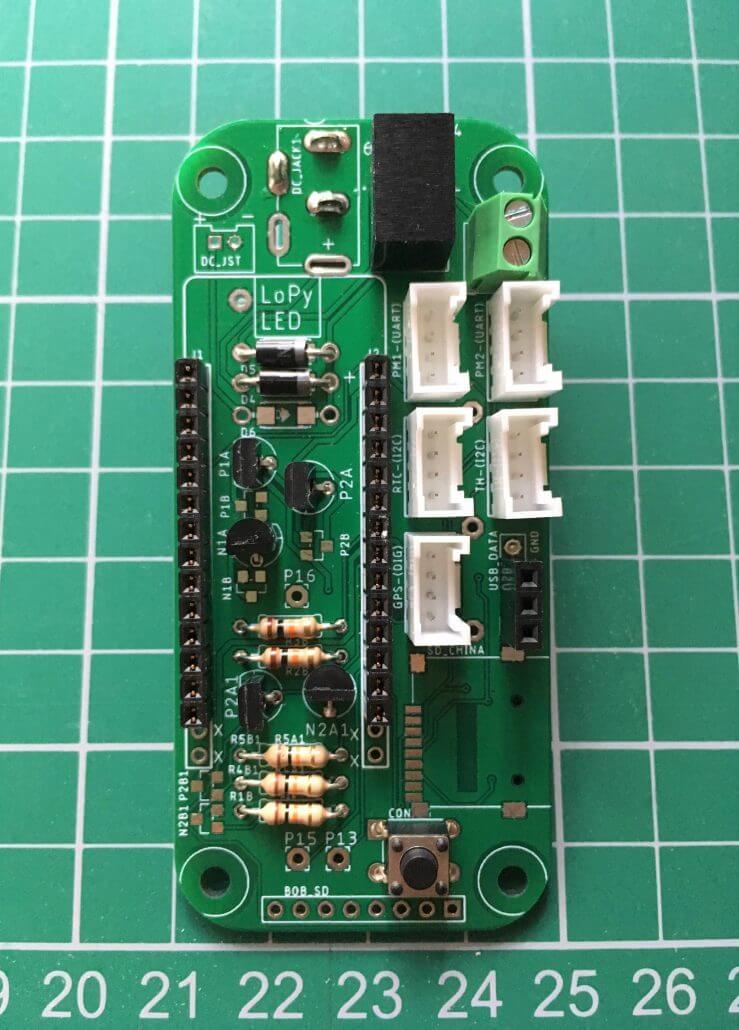
DIY Through Hole Version
PyonAir’s open-source software plays a crucial role in making the device user-friendly. By following a simple tutorial, users will be able to download the entire software package from Github directly to the LoPy4. The device configuration can be accessed by connecting to the PyonAir’s own WiFi hotspot, using a phone, laptop or any system with a web browser. All of the collected data will be sent to a database hosted by the University of Southampton and will be accessible via a Microsoft Azure Table.
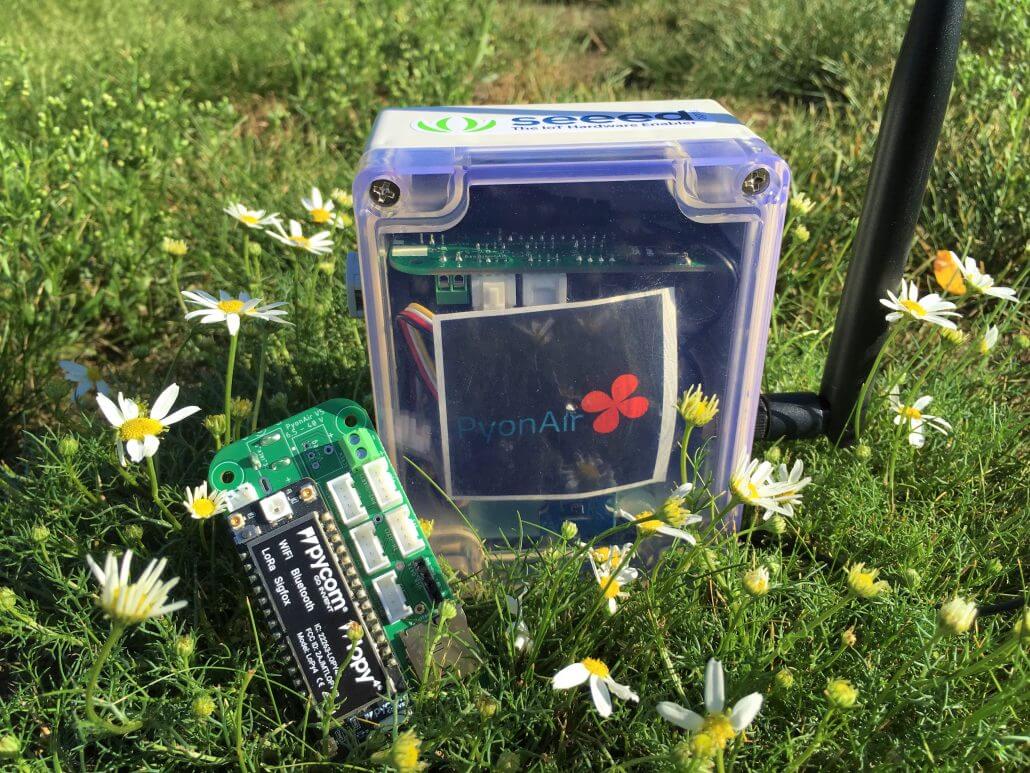
Massive thanks to Seeed Studio and Pycom for their support over the course of the project!
By Hazel Mitchell, Southampton University
Open Source Hardware and IoT are deep-rooted in Seeed’s values, so it comes as no surprise that Seeed is immensely honored to have a role in supporting the team at Southampton University. We hope to see PyonAir devices spread across the country, if not further, and are confident that the data gathered will be invaluable in understanding the harmful pollution on everyone’s doorstep. Best of luck!
